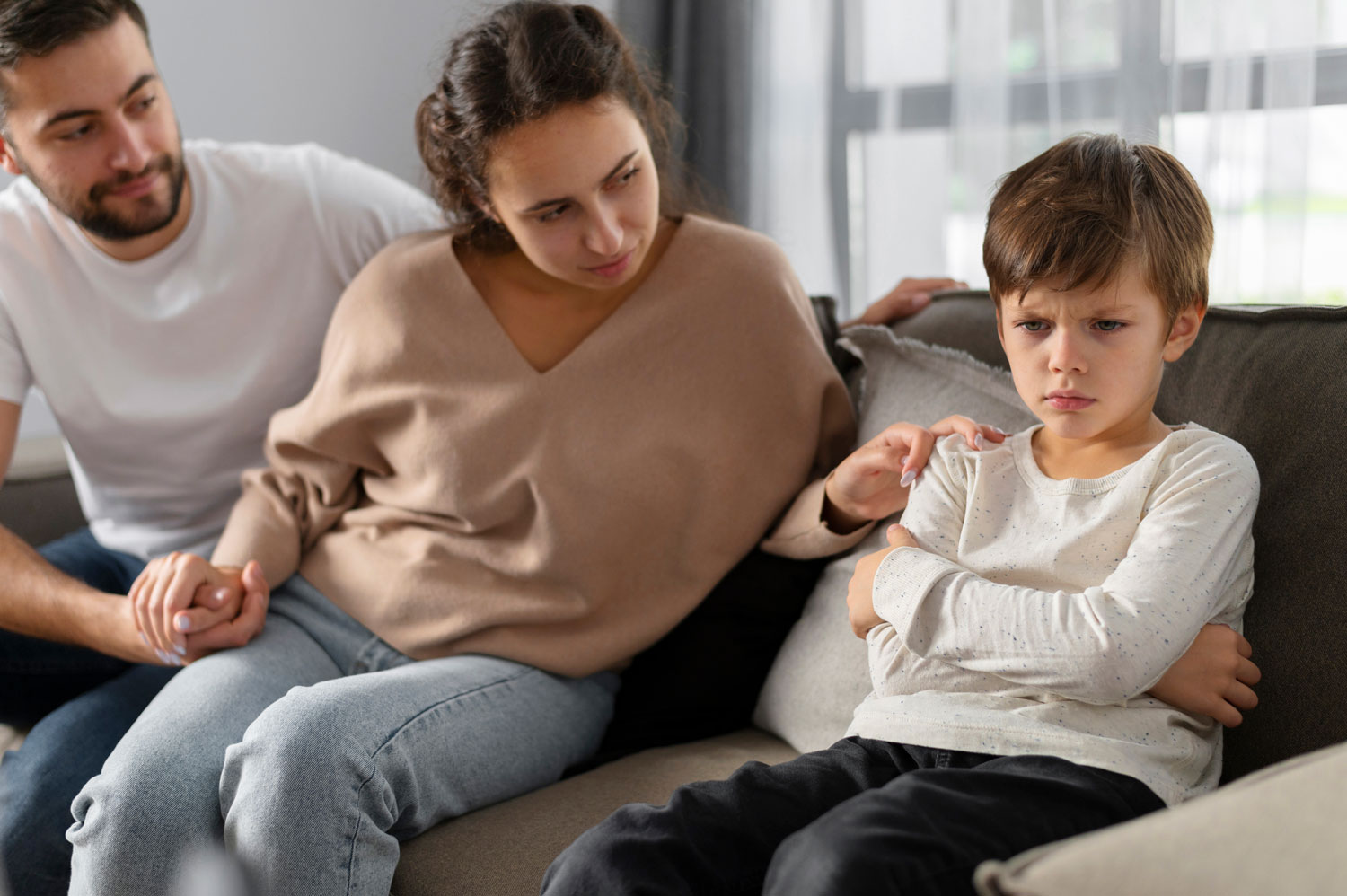Bullying is a global phenomenon that is a kind of peer violence characterized by an imbalance of power, and intentional and systematic aggression. It can be direct like physical and verbal violence, or indirect like social exclusion. Bullying, in whatever format, has both short-term and long-term consequences that do not just end with the individuals involved. Psychological difficulties are one of the major problems bullying creates that effects bullies and victims alike later in life. Its external manifestations such as aggressive and antisocial behavior, and internal signs and symptoms such as depression and anxiety are some of the well-known examples of the probable consequences. The existing psychological studies on the matter point to family life and its complexities as the root cause of such behavior in children. Parent-child conflict, the child’s ability and amount of self-disclosure, and monitoring are among the contributing factors of the development of bullying behavior in children.
Child-Rearing Practices and Bullying
Research conducted on this topic has shown that in families that display a strong bond between the members the children do not display aggressive behavior. In such families, the parents pay attention to the children and their needs, are supportive of them, and have an overall warm relationship with the children, whereas aggressive and violent behavior is associated with a dysfunctional family that shows an inadequate amount of involvement with the child’s life. Authoritarian behavior in parents could contribute to psychological problems that would later manifest as acts of bullying in children, while the victims tend to be brought up in homes with permissive parents.
Parent-Child Conflict
The existence of conflict between family members can be particularly damaging to a child’s psyche as it would deprive them of the feeling of safety at home. Parent-child conflict, particularly mother-child conflict is a strong predictor of the tendency to externalize problems which would become evident in early antisocial trajectories, destructive behavior, hyperactivity, coercive conflict between family members, and peer aggression.

Parental Monitoring
Parental monitoring can be defined as paying attention to the child’s activities, development, whereabouts, and coping skills to ensure the child’s safety and healthy mental and physical growth. While research has shown negative correlations between parental monitoring and the child’s problematic behavior, some reports state that reductions in monitoring are followed by reductions in criminal behavior as parents grant more independence to well-adjusted adolescents. There are bidirectional parent-child relations in which both sides influence each other in a reciprocal way simultaneously. As an example, lower levels of parental monitoring are associated with greater delinquent behavior, while lower levels of delinquent behavior, point to the existence of higher levels of monitoring within the family. Furthermore, obvious negligence in performing parental responsibilities could result in an increased risk of criminal behavior that would harm overall parenting practices.
Self-Disclosure as a Protective Mechanism
Self-disclosure in children is defined as a child’s willingness and tendency to inform their parents about where they are and what they do in their pastimes, how they do in school, and who they are in touch with. Children’s ability to self-disclose results in creating trust between parents and children. Although there is no significant difference in the levels of disclosure between boys and girls, boys are less likely to confide in their mothers. Generally speaking, children’s ability to talk openly with their parents would result in fewer behavioral problems.
This means that the children who do not display bullying behavior tend to be those who talk about their daily experiences with their parents and share information about themselves. It would appear that self-disclosure plays the role of a protective mechanism against the formation of an aggressive mentality. This is in contrast to the consequences of parental monitoring which is shown to be ineffective in reducing bullying behavior.






